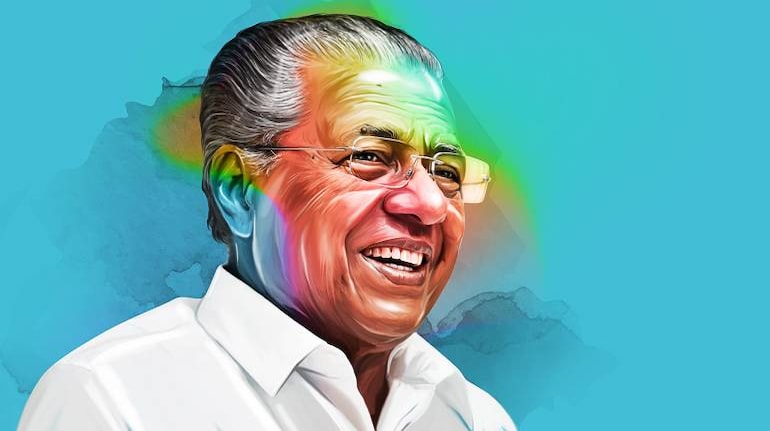



Religion forms an integral part of society and it cannot be separated from politics in India. Religion- and caste-based political parties are a reality in India, and the ideal Church-State divide is at best a novel concept in Indian politics.
In a society where religious groups are influential enough to determine the electoral outcomes, views shared by religious leaders can have an impact beyond their followers and the assembled congregation. Given this, Moneycontrol looks at why the statement made by a Christian bishop about “narcotics jihad” has caused an uproar in Kerala.
A Dog Whistle
On September 9, Mar Joseph Kallaranghatt, the Bishop of Pala Diocese of the Syro-Malabar church in Kerala, while addressing a religious gathering at Kottayam (in Kerala), warned that “jihadis” were targeting Christian women with “love jihad and narcotic jihad”. Kallaranghatt did not mention a religion by name, other than saying that Christian women needed to be protected, but for anyone who cared to listen, the connotation was hard to miss. The bishop referred to the 2016 incident where more than a dozen people from Kerala went to join the ranks of the terrorist group Islamic State.
Where his remarks get further problematic is when the bishop said that police officers admit that there is ‘love jihad’, but the political leadership was dismissing such a threat. The reference to ‘love jihad’ is important because it is through this perceived threat that the added threat of ‘narcotic jihad’ is introduced. For the record, in 2018 the ‘love jihad’ bogey that has been raised by right-wing groups and the Bharatiya Janata Party (BJP) in Kerala was dismissed by the state home department and the Intelligence Bureau.
Reactions
Kallaranghatt’s statement has received mixed reactions, but on expected lines for anyone who understands the lay of the land. A few days after the statement was made, ‘Deepika’ which is considered to be a mouthpiece of the Catholic church in Kerala, and the Kerala Catholic Bishops Council approved the statement. The BJP has come out in support of the bishop’s statement with Union Minister V Muraleedharan saying that the bishop’s statement was a “warning to community members” and that “everyone must stand together and speak out against jihadists”.
The state government under Pinarayi Vijayan has come out opposing the bishop’s statement, with the Chief Minister saying that “those in responsible positions should be cautious not to make a religious division in society”. The Congress has come out strongly opposing the statement.
Politics and Piety
Why are Christian leaders voicing such polarising statements? The reasons are many, from organisational to political, and much more.
Over the years, the tension between Christians and Muslims has been simmering, from the current contentious issue of minority scholarships to changes in population percentages. In addition to an ageing population, lately, there has been fear among Christian groups that their share in Kerala’s minority pie is reducing while the number of Muslims has been on the rise.
The church’s relation with the Left parties at the best of times has been tense. This lack of trust and muted disdain traces its roots back to the ‘Vimochana Samaram’ (liberation struggle) of the late 1950s where the church played a vital role in bringing down the Left government in Kerala. As far as the Congress is concerned, the church has a vice-like grip over the Congress-led United Democratic Front (UDF)’s fortunes in many parts of the state.
It is here that the BJP finds the tide in its favour. The party has been trying to make political inroads into Kerala for decades now, with little success. Christian groups and the minority institutions (educational, medical, charities, etc.) they run have always required State patronage, and it is here that the BJP’s and the church’s interests align.
Patriarchy and Fear Mongering
Another problematic construct to the ‘love jihad’ and ‘narcotic jihad’ tropes is that in both cases the church is sending out a message that “our women” need to be protected because unbeknownst to them there are evils that surround them. The question is whether such male-centred, patriarchal views have any place in a progressive society.
Kallaranghatt’s statement also has a shade of fear-mongering in it. Come to think of it: the statement was made in a district (Kottayam) where the percentage of Christians is a staggering 43.48 percent as against the 6.4 percent of Muslims.
Discover the latest Business News, Sensex, and Nifty updates. Obtain Personal Finance insights, tax queries, and expert opinions on Moneycontrol or download the Moneycontrol App to stay updated!